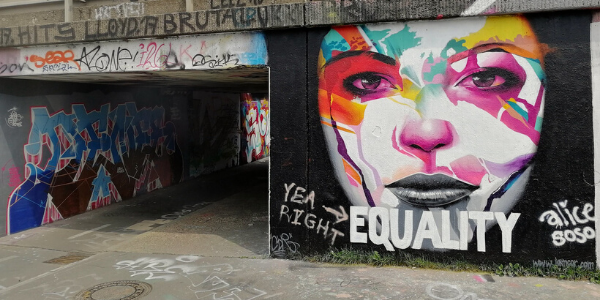
Melanists lacked the institutional influence to oppress whites with their ideology. Moreover, because the melanists spread their message in predominantly Black settings, it's likely that few whites even heard their racist message, let alone suffered because of it. Unfair treatment of a person or group on the basis of prejudice. Discusses the history of reverse discrimination in employment and how it affects judicial treatment of affirmative action programs in the United States. Yet, the melanists had no institutional power to spread their message or subjugate lighter-skinned people based on their racist beliefs.
#ANOTHER WORD FOR REVERSE DESCRIMINATION SKIN#
The idea that one group of people is superior to another based on skin color certainly fits the dictionary definition of racism. Taking reprisal action against someone who has objected to discriminatory comments aimed at another group may be found to be discrimination because of. In 1994, Time magazine ran an article about a small minority of Afro-centrists known as "melanists" who posit that those with an abundance of dark skin pigment, or melanin, are more humane and superior to lighter-skinned people, not to mention prone to having paranormal powers such as ESP and psychokinesis. Still, the assertion that reverse racism exists has persisted since the late 20th century when the government implemented widespread programs to make up for historic discrimination against ethnic minorities. If my IAT shows that I have an implicit preference for one group over another, does that mean I am prejudiced Many people use the word prejudice to describe. Groups may be defined in terms of race, gender, ethnicity, or other factors.

Because American institutions haven't traditionally been anti-white, the argument that whites can be truly victimized by reverse racism is difficult to make. Reverse discrimination is discrimination against members of a dominant or majority group in favor of members of a minority or historically disadvantaged group.


 0 kommentar(er)
0 kommentar(er)
